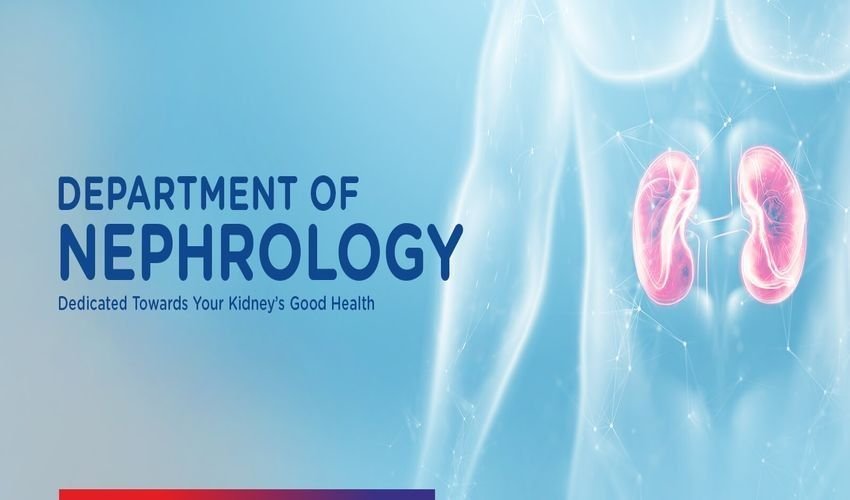
NEPHROLOGY
At Narayan Swaroop Hospital our Nephrologist with vast experience of internal medicine focuses on the earliest of the symptoms that affect the kidneys. The kidneys have several vital functions, including:
General Surgeries provided
Scope of services
- Removing waste and excess fluid from the blood.
- Maintaining your body’s electrolyte balance.
- Releasing hormones with functions such as managing blood pressure.
Not only do our nephrologists have expertise on diseases that specifically affect the kidney, but they’re also very knowledgeable about how kidney disease or dysfunction can affect other parts of your body. Nephrologist at Narayan Swaroop Hospital work closely with you to diagnose and treat the following conditions:
Not only do our nephrologists have expertise on diseases that specifically affect the kidney, but they’re also very knowledgeable about how kidney disease or dysfunction can affect other parts of your body. Nephrologist at Narayan Swaroop Hospital work closely with you to diagnose and treat the following conditions:
- blood or protein in urine.
- chronic kidney disease.
- kidney stones, although a urologist may also treat this.
- kidney infections.
- kidney swelling due to glomerulonephritis or interstitial nephritis.
- kidney cancer.
- polycystic kidney disease.
- hemolytic uremic syndrome.
- renal artery stenosis.
- nephrotic syndrome.
- end-stage kidney disease.
- kidney failure, both acute and chronic.
Our nephrologist can also be involved when other factors cause kidney disease or dysfunction, including:
- high blood pressure.
- diabetes.
- heart disease.
- autoimmune conditions, such as lupus.
- medications.
Tests and procedures our nephrologist might perform:
Blood tests
- Glomerular filtration rate (GFR). This test measures how well your kidneys are filtering your blood.
- Serum creatinine. Creatinine is a waste product and is present at higher levels in the blood of people with kidney dysfunction.
- Blood urea nitrogen (BUN). As with creatinine, finding high levels of this waste product in the blood is a sign of kidney dysfunction.
